5 Best Sales Automation Tools
In today’s fast-paced business world, sales teams are constantly pressured to meet targets and grow revenue. They need to be efficient, effective, and always on their game to stay ahead. This is where sales automation tools come in. By automating routine tasks, these tools free up salespeople to focus on building relationships and closing deals. This article will deep dive into the world of sales automation, exploring the best sales automation tools available and how they can help streamline your sales process.
Understanding Sales Automation
Sales automation involves using software to handle repetitive tasks in the sales process. This includes everything from tracking leads and sending follow-up emails to managing customer information and generating reports. Essentially, sales automation takes over the manual tasks, allowing your sales team to focus on selling.
Benefits of Sales Automation Tools
There are several key benefits to using sales automation tools:
- Time Savings: Automating routine tasks saves valuable time that salespeople can use to engage with customers.
- Consistency: Automation ensures that tasks are done the same way every time, reducing errors and improving reliability.
- Improved Productivity: With less time spent on administrative tasks, sales teams can be more productive and close more deals.
Criteria for Choosing Sales Automation Tools
When it comes to choosing the right sales automation tool for your business, there are several important factors to consider:
- Integration Capabilities: The tool should easily integrate with your existing systems, such as your CRM and marketing platforms.
- User-Friendly Interface: The tool should be easy to use, with a simple interface that doesn’t require extensive training.
- Customization Options: Look for tools that can be customized to meet your specific needs and preferences.
- Scalability and Flexibility: The tool should be able to grow with your business and adapt to changing needs.
- Cost-Effectiveness: Consider the cost of the tool and whether it offers good value for money.
Tools
Tool 1: Salesforce
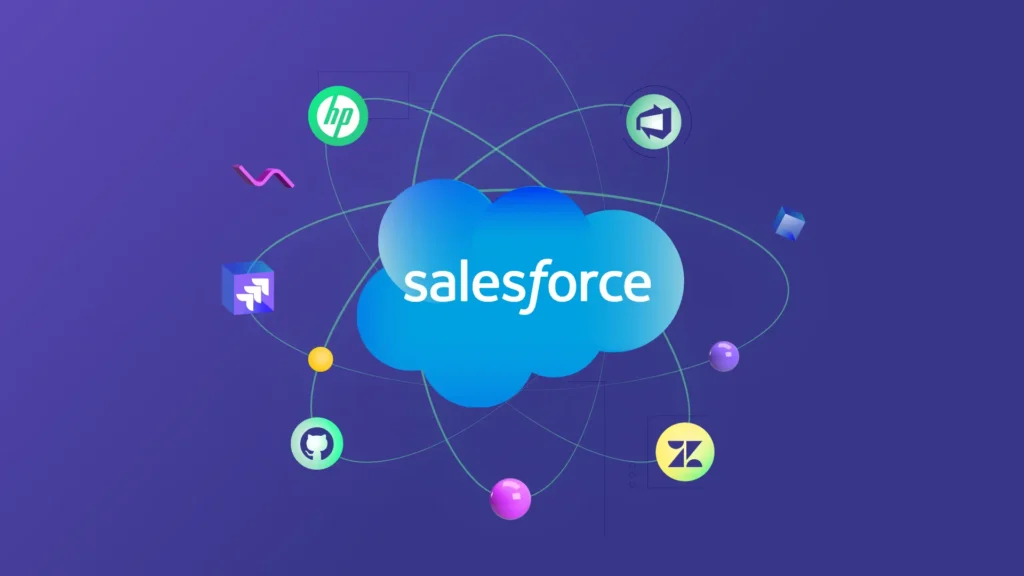
Overview and Features
Salesforce is one of the most popular sales automation tools on the market. It’s known for its powerful CRM capabilities, which help businesses manage customer relationships more effectively. Salesforce offers a range of features, including lead management, sales forecasting, and collaboration tools.
CRM Integration
Salesforce integrates seamlessly with other CRM systems, allowing you to keep all your customer data in one place. This makes it easier to track interactions and manage relationships.
Marketing and Sales Pitch Enhancements
With Salesforce, you can automate marketing campaigns and sales pitches, ensuring that your message is consistent and reaches the right audience at the right time.
Case Studies and Success Stories
Many businesses have seen significant improvements in their sales processes after implementing Salesforce. For example, companies like Coca-Cola and Toyota have used Salesforce to streamline their sales operations and boost productivity.
Tool 2: HubSpot Sales Hub
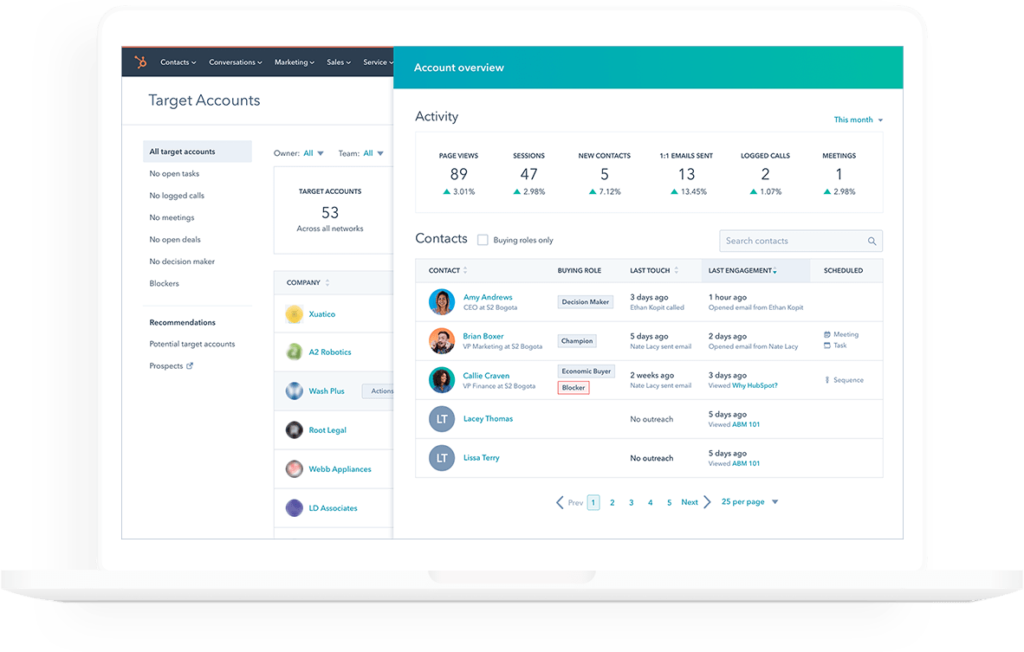
Overview and Features
HubSpot Sales Hub is another top-rated sales automation tool, known for its robust CRM capabilities and intuitive interface. It offers features like email tracking, meeting scheduling, and pipeline management.
Customer Relationship Management Benefits
HubSpot Sales Hub excels in helping businesses manage customer relationships. It provides tools to track interactions, nurture leads, and close deals more effectively.
Sales Funnel Optimization
HubSpot helps optimize every stage of the sales funnel, from lead capture to deal closure. This ensures that no opportunity is missed and that every lead is nurtured effectively.
User Reviews and Testimonials
Users praise HubSpot for its ease of use and comprehensive features. Many businesses have reported increased sales and improved customer relationships after adopting HubSpot Sales Hub.
Tool 3: Pipedrive
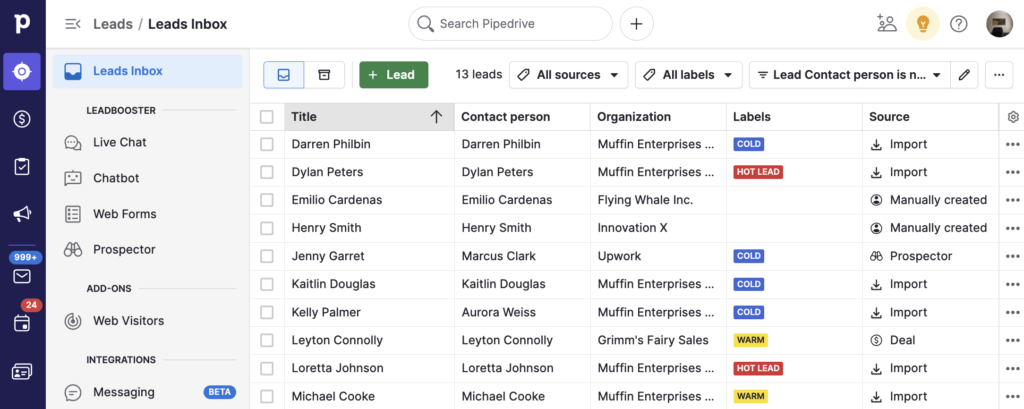
Overview and Features
Pipedrive is designed specifically for salespeople, offering a visual sales pipeline that makes it easy to manage deals and track progress. It integrates well with other marketing tools and is highly customizable.
Streamlining Sales Processes
Pipedrive simplifies the sales process by providing a clear view of the sales pipeline. This helps sales teams stay organized and focused on closing deals.
Enhancing B2B Marketing Automation
Pipedrive’s automation features are particularly beneficial for B2B marketing. They help streamline lead generation, follow-up, and nurturing processes.
Real-World Applications
Many businesses have successfully implemented Pipedrive to enhance their sales processes. For example, a tech startup used Pipedrive to streamline its sales operations and saw a 20% increase in closed deals within the first six months.
Tool 4: Zoho CRM
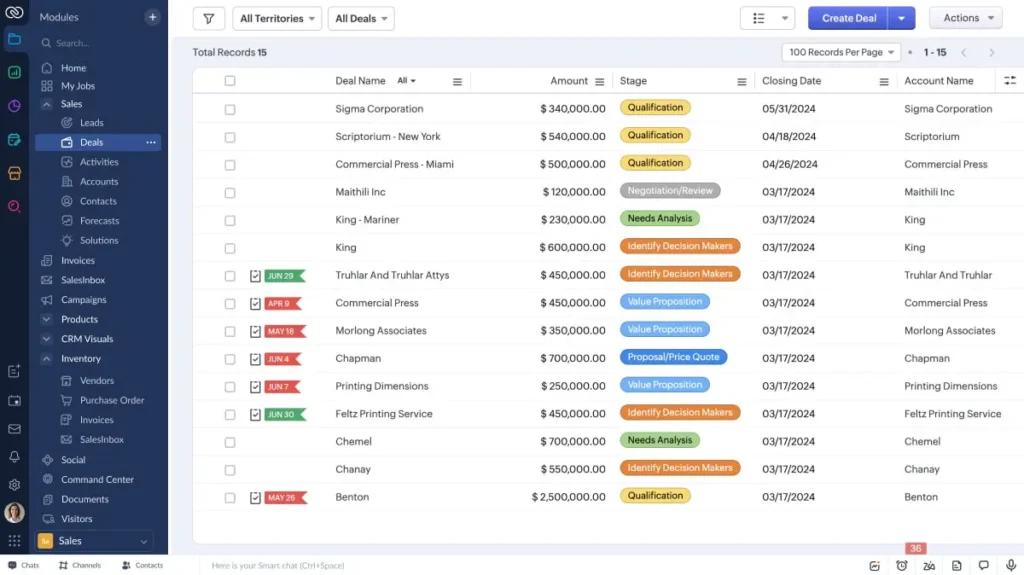
Overview and Features
Zoho CRM is a versatile tool known for its customization and flexibility. It integrates seamlessly with marketing campaigns and offers features like lead management, sales automation, and customer analytics.
Customization and Flexibility
Zoho CRM allows businesses to customize the tool to meet their specific needs. This includes creating custom fields, workflows, and reports.
Integration with Marketing Campaigns
Zoho CRM integrates well with marketing platforms, making it easy to manage and track marketing campaigns. This helps ensure that your marketing efforts are aligned with your sales goals.
Success Metrics
Businesses using Zoho CRM have reported significant improvements in their sales processes. For example, a retail company saw a 30% increase in sales productivity after implementing Zoho CRM.
Tool 5: Marketo
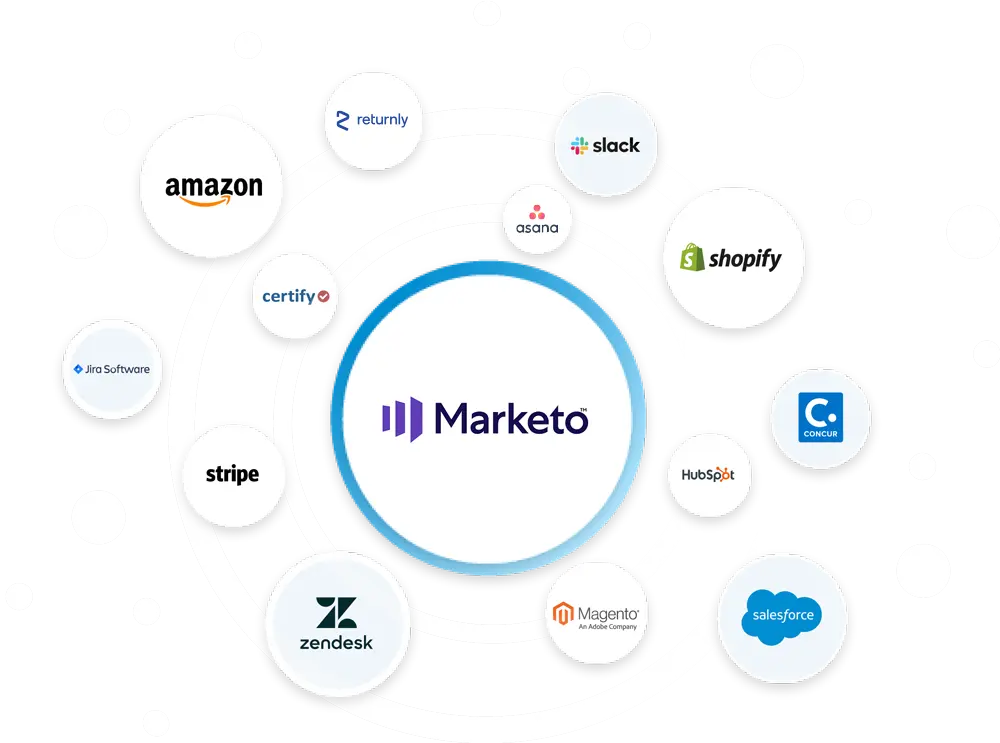
Overview and Features
Marketo is known for its advanced automation capabilities, particularly in lead generation and sales pitch enhancement. It offers a comprehensive suite of tools, including email marketing, lead nurturing, and analytics.
Advanced Automation Capabilities
Marketo’s automation features allow businesses to automate complex marketing and sales processes. This includes lead scoring, segmentation, and personalized email campaigns.
Impact on Sales Pitch and Lead Generation
Marketo helps businesses create more effective sales pitches and generate high-quality leads. Its tools for lead nurturing and scoring ensure that leads are engaged and ready to convert.
Case Studies
Several businesses have successfully used Marketo to enhance their sales processes. For example, a software company saw a 25% increase in lead conversion rates after implementing Marketo.
Comparative Analysis of the Sales Automation Tools
To choose the best sales automation tool for your business, it’s important to compare their features, pricing, and user experiences. Salesforce offers robust CRM integration, while HubSpot is known for its ease of use. Pipedrive provides a visual sales pipeline, Zoho CRM is highly customizable, and Marketo offers advanced automation capabilities.
Best Practices
Implementing sales automation tools requires a strategic approach. Here are some best practices to follow:
- Step-by-Step Guide: Start by identifying your needs and goals, then choose the right tool. Train your team and gradually integrate the tool into your sales process.
- Common Pitfalls to Avoid: Avoid rushing the implementation process and ensure that your team is adequately trained.
- Tips for Maximizing Efficiency: Set clear goals, monitor performance metrics, and continuously optimize your processes.
The Future of Sales Automation
The future of sales automation looks promising, with emerging trends like artificial intelligence (AI) and machine learning set to revolutionize the field. These technologies will enable more accurate predictive analytics, personalized marketing, and improved sales effectiveness.
The ROI of Sales Automation
Measuring the return on investment (ROI) of sales automation involves analyzing cost-benefit ratios and success metrics. Effective sales automation can lead to significant financial gains and improved efficiency. For example, businesses using Salesforce have reported an average ROI of 45%.
Integrating Sales Automation with Existing Systems
Seamless integration of sales automation tools with existing systems is critical. Strategies for enhancing customer relationship management and overall business processes include using APIs and connectors to ensure data flows smoothly between systems.
Sales automation tools are indispensable in today’s competitive market. By carefully selecting and implementing these tools, businesses can streamline their sales processes, enhance customer relationship management, and ultimately drive success. The journey towards sales automation is one of continuous improvement, innovation, and growth.
